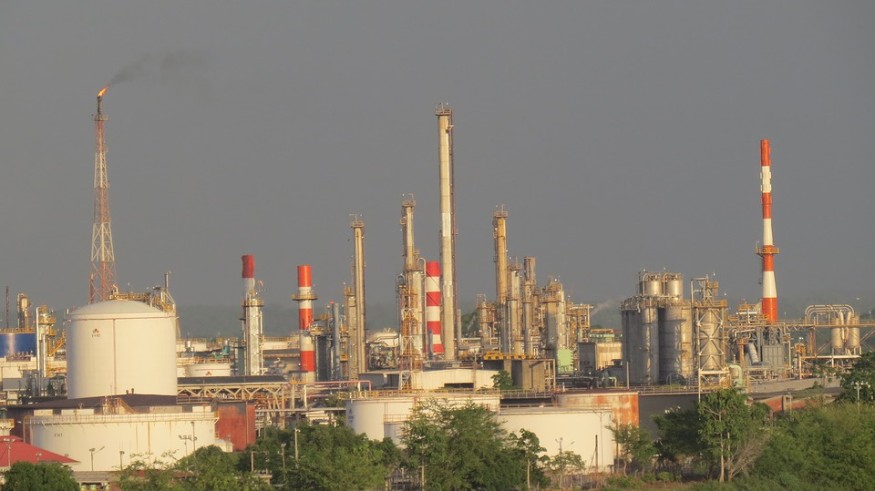Environmental organizations have accused the API or American Petroleum Institute, a leading natural gas and oil trade organization, of exaggerating the number of employed workers in the fracking industry in the country.

According to a recent study by the environmental protection organization FWW or Food and Water Watch, the API has "wildly inflated" the number of workers in the industry. It is said to be in an attempt to justify its continued existence: it is currently struggling and has contributed to climate, water, and air pollution.
A study by API declares that there are 7.5 million American jobs at risk should there be a ban on fracking. This figure includes jobs in the state of Pennsylvania that supposedly number more than half a million, and where the fracking industry is a controversial election issue.
With the nearing 2020 election, fracking becomes a hot and essential topic. Senator Bernie Sanders has already called for a total fracking ban, while former Vice President Joe Biden only supported a ban on new gas and oil permitting on waters and lands.
According to the FWW's accusation, API's figures are in stark contrast to the data of the BLS or Bureau of Labor Statistics, which only registers a total of 636,000 jobs, 26,000 of which are in Pennsylvania.
The FWW explained that API's figures erroneously but deliberately included the "indirect" jobs: those involved in the fracking industry's supply chain and "induced" jobs, which are supported by salaries from both indirect, and direct jobs.
By this classification, API would also include jobs in other sectors and industries, including chemical and fertilizer manufacturing. Besides, it would also include workers in gas stations and convenience stores. Such jobs account for 35% of the supposed gas and oil industry jobs. FWW pointed out the absurdity of this inclusion.
Aside from this, according to FWW, API also inflated the number of jobs that are directly within the industry. API's figures for this sector include 685,000 jobs in oil and gas extraction, which is more than about half a million compared to the Bureau of Labor's count of 143,000.
According to Alison Grass, Research Director of FWW, the accurate assessment of the number of jobs in the fracking industry is very important. Grass states that the industry has "wildly inflated" the number of jobs for years to diminish criticisms against it regarding the huge damage it inflicts on the climate, water, and air.
Grass adds that the FWW's analysis has provided evidence on API's overhyping of these figures to manipulate public and policymakers' perceptions. She stated that frackers are far more effective in creating illusions rather than jobs.
API has asked President Donald Trump to suspend certain gas and oil industry regulatory requirements to ensure the steady supply of fuel during the COVID-19 outbreak. The said outbreak has severely hit the fracking industry. A combined $50 billion loss was already experienced by thirty of the largest shale producers between 2012 to 2017.
Trump's love of the oil and gas industry was made crystal clear on Thursday when his administration sought $3bn from Congress to top up U.S. petroleum reserves, potentially propping up U.S. oil producers after crude prices crashed globally, A.P. reported.
© 2025 NatureWorldNews.com All rights reserved. Do not reproduce without permission.





